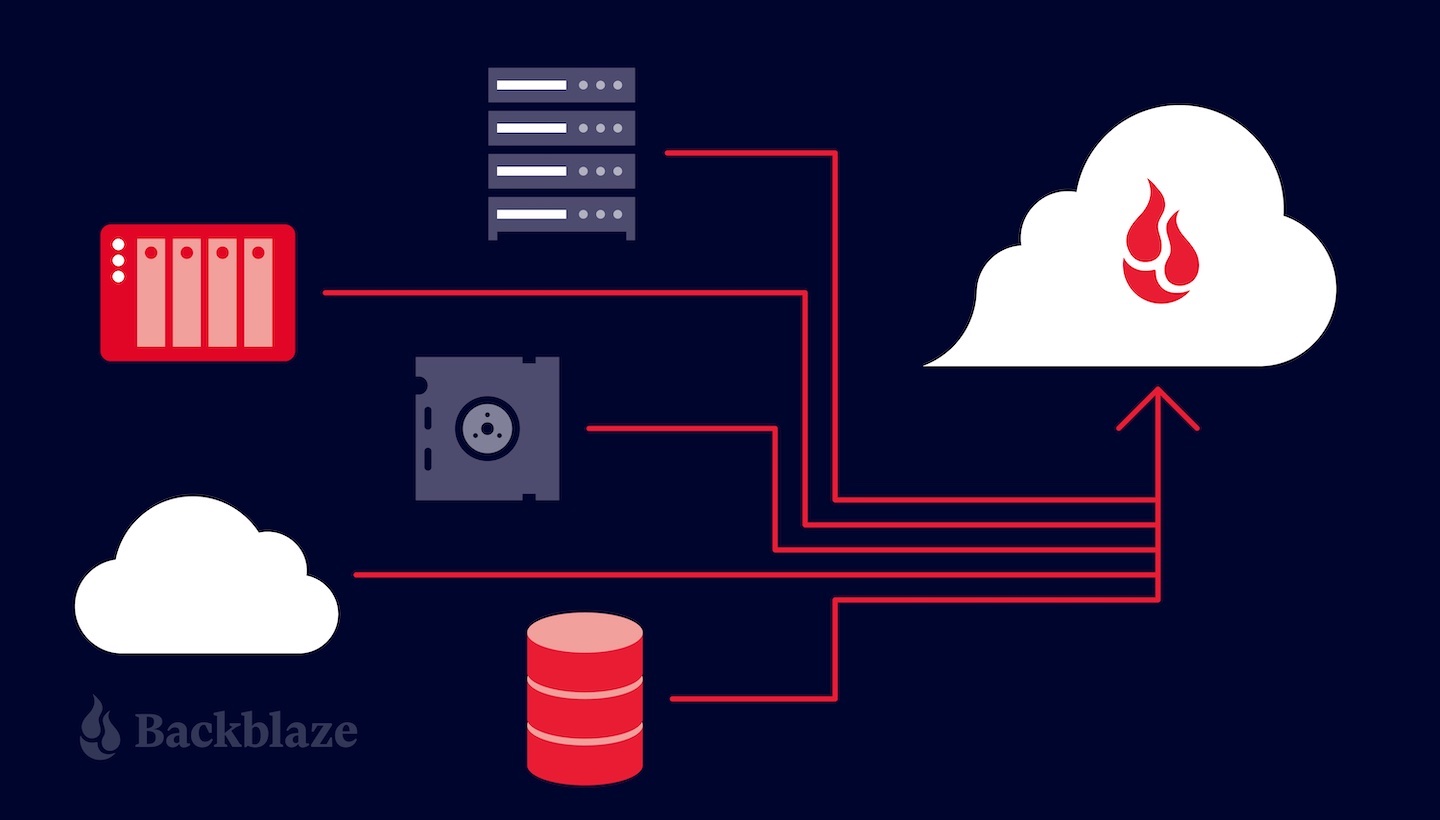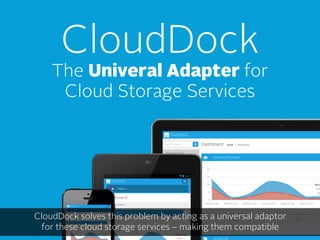Checking Out the Role of Universal Cloud Storage Space Providers in Data Protection and Compliance
In today's electronic landscape, the use of universal cloud storage space services has become critical in dealing with data protection and conformity needs for organizations throughout different industries. As services increasingly count on cloud storage solutions to manage and safeguard their data, checking out the intricate duty these solutions play in ensuring data safety and security and conference governing criteria is necessary. From mitigating threats to improving information ease of access, cloud storage space services provide a complex method to securing delicate info. Nonetheless, the developing nature of cyber hazards and regulative frameworks provides a dynamic obstacle that companies have to browse properly to support their information protection and conformity mandates. By diving right into the subtleties of global cloud storage space solutions, a more clear understanding of their impact on information safety and security and regulatory compliance emerges, clarifying the intricacies and possibilities that exist in advance.
Significance of Cloud Storage Provider
Cloud storage solutions play a pivotal role in modern-day data administration approaches because of their scalability, ease of access, and cost-effectiveness. With the rapid development of data in today's electronic age, businesses are significantly turning to cloud storage space options to fulfill their developing needs. Scalability is a vital benefit of cloud storage, enabling companies to quickly adjust their storage space ability as data needs fluctuate. This adaptability guarantees that companies can efficiently manage their data without the need for substantial upfront financial investments in hardware framework.
Access is an additional crucial aspect of cloud storage space services. By keeping information in the cloud, customers can access their information from anywhere with a net connection, helping with collaboration and remote job. This accessibility promotes functional effectiveness and makes it possible for seamless sharing of data throughout groups and areas.
Additionally, numerous cloud storage carriers use pay-as-you-go rates versions, permitting organizations to pay only for the storage capacity they use. Overall, the importance of cloud storage services exists in their ability to improve information administration processes, improve access, and reduced operational costs.
Information Security Techniques With Cloud
Executing robust information file encryption procedures is crucial for making sure the security and confidentiality of information stored in cloud atmospheres. Security plays a crucial function in safeguarding data both in transportation and at rest. By encrypting information before it is posted to the cloud and preserving control over the encryption secrets, companies can stop unapproved accessibility and minimize the risk of data breaches. Additionally, carrying out access controls and authentication systems helps in regulating that can access the data kept in the cloud. Multi-factor authentication, strong password policies, and normal gain access to testimonials are some strategies that can enhance data security in cloud storage space solutions.
Consistently backing up information is an additional vital element of data defense in the cloud. By integrating security, access controls, back-ups, and routine protection evaluations, organizations can establish a durable information defense approach in cloud settings.
Conformity Considerations in Cloud Storage
Offered the important nature of data protection methods in cloud settings, organizations must additionally focus on conformity considerations when it comes to keeping information in the cloud. When utilizing cloud storage space services, companies require to guarantee that the copyright abides with industry-specific criteria such as GDPR, HIPAA, or PCI DSS, depending on the type of data being saved.

Difficulties and Solutions in Cloud Safety And Security
Guaranteeing robust security actions in cloud settings offers a diverse difficulty for companies today. One of the primary difficulties in cloud safety and security is data violations. Destructive stars frequently target cloud systems to gain unapproved accessibility to delicate details. To minimize this threat, organizations should carry out strong security protocols, gain access to controls, and normal safety audits. An additional challenge is the common obligation model in cloud computing, where both the cloud service provider and the customer are responsible for various facets of safety and security. This can bring about complication and spaces in security protection otherwise plainly specified. Organizations must clearly describe functions and duties to ensure extensive safety steps are in location.

Future Trends in Cloud Information Protection
The advancing landscape of cloud information security is noted by an expanding focus on aggressive protection strategies and adaptive safety actions (universal cloud storage). As innovation advances and cyber threats come to be a lot more sophisticated, organizations are significantly concentrating on anticipating analytics, expert system, and artificial intelligence to boost their information defense abilities in the cloud
One of the future patterns in cloud data defense is the assimilation of automation and orchestration devices to enhance safety and security procedures and response procedures. By automating routine tasks such as risk discovery, event response, and patch management, organizations can enhance their total safety posture and far better shield their information in the cloud.
Additionally, the adoption of a zero-trust safety model is acquiring traction in the realm of cloud information protection. This strategy presumes that dangers can be both exterior and internal, requiring continuous authentication and permission for click over here now all customers and devices accessing the cloud setting. By applying a zero-trust framework, organizations can minimize the risk of information breaches and unapproved accessibility to sensitive details stored in the cloud.
Conclusion
